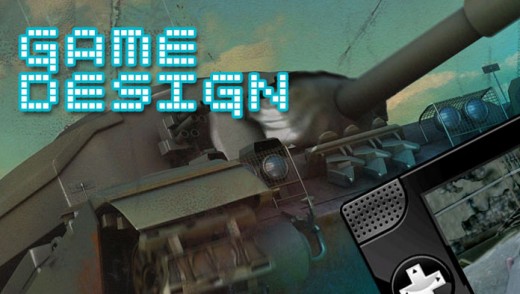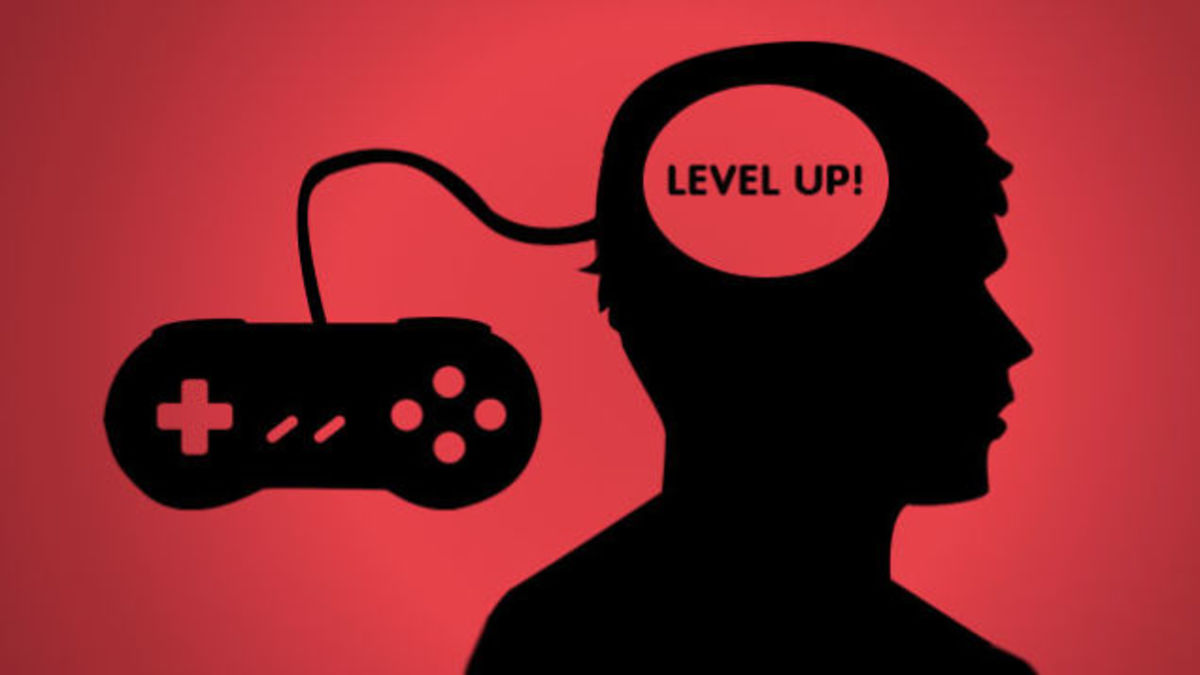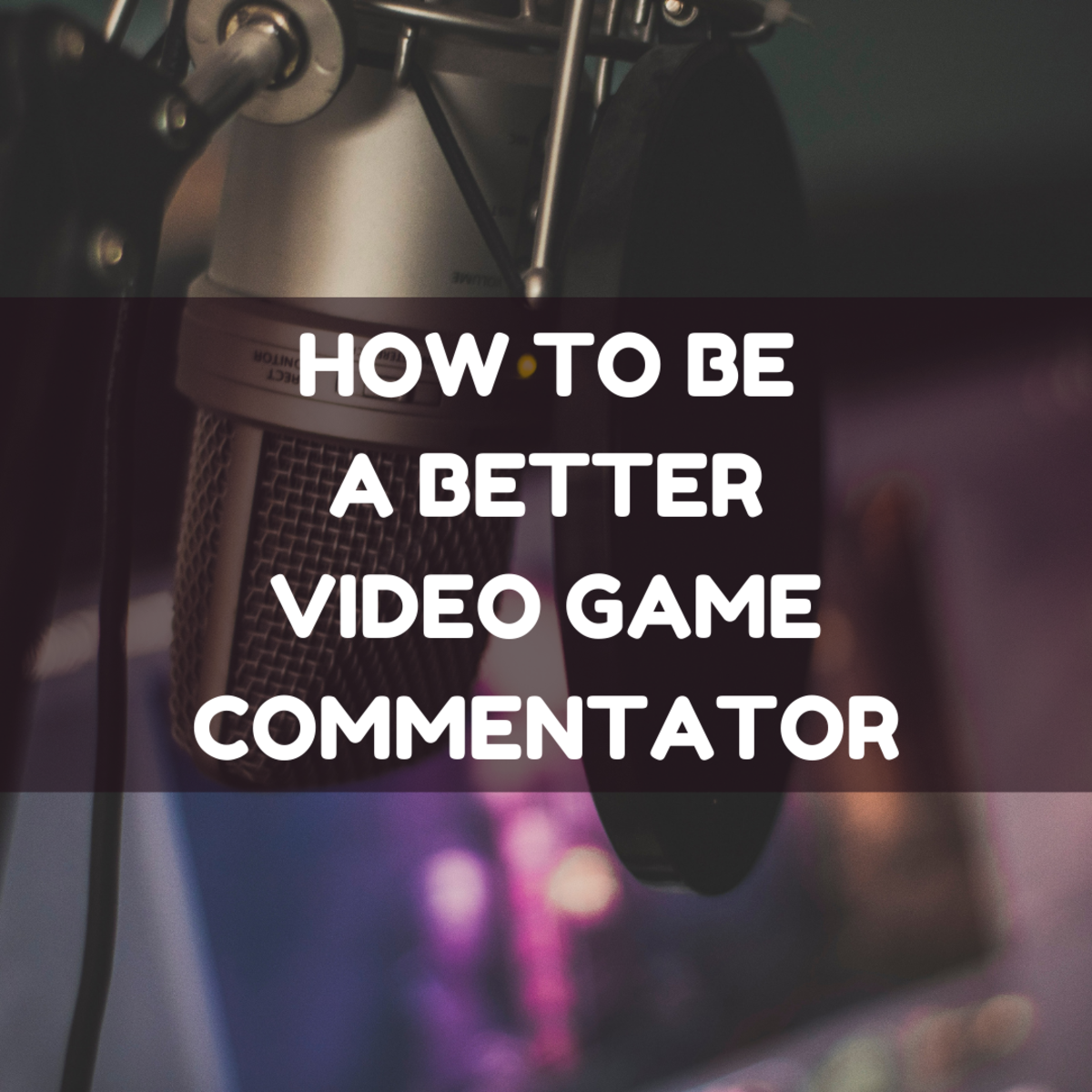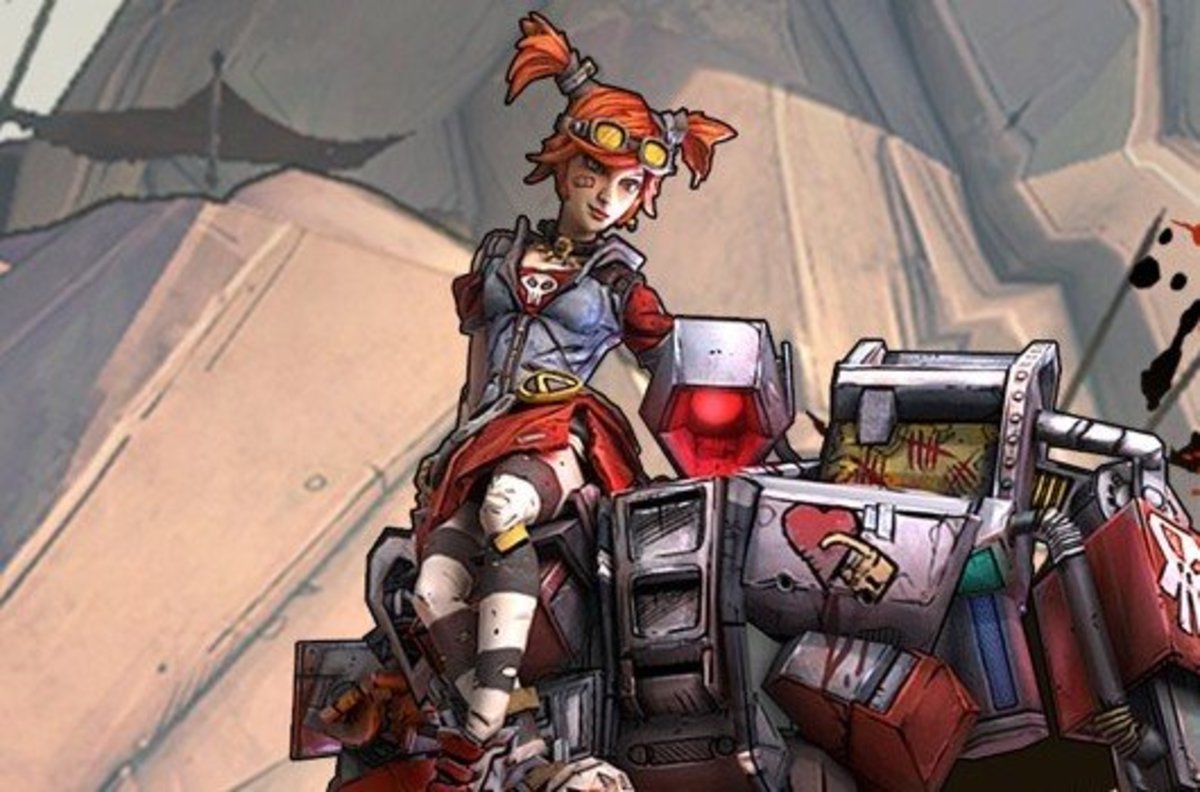Things You Should Know About... Video Game Designer. What do you need to work with, design and create video games?
Introduction
Game Designers are often misunderstood because vast majority of game designers are only known as a byline in the back of game manuals under "credits". On the other hand, most game players are only aware of the big names, like Sid Meier, Shigeru Miyamoto, and so on.
Here are a few things you need to know about a career in game design.

A Great Idea Is Meaningless
Ken Levine, designer of System Shock 2 and Freedom Force series, said it best:
"A great idea is meaningless. A great idea that leverages your existing technology, gets the team excited, is feasible to do on time and budget, is commercially competitive, and, last but not least, floats the boat of a major publisher... Now you have something."
-- Ken Levine, Game Designer, Irrational Games
I really could not have said it any better.
Most Game Design is Trial and Error
Game design is a process of trial and error:
- create Idea
- Implement idea
- test idea
- refine idea
- repeat
The "creation" of the idea actually is just a "tiny" portion of the process. Most of the time is spent on implementing the idea and testing the idea.
A lot of newbies think "game design" is just a matter of creating some backstory or draw some cool artwork. Neither is what game design is about. Backstory is written by contract writers, and artwork is done by the art department.
Game Designers Rarely Do What They WANT to Do
Game Designers are as heavily influenced by corporate decisions as everybody else. If the corporate culture changes, like when the studio was sold to another company, projects will be shuffled, personnel will be shuffled, priorities will shift...
Furthermore, what the game designer wants to do may not be what the market wants. By the time game designer gets to make decisions, he is probably in his 30s or later. His mindset will be quite different from the typical market, which would be teens and twenties.
And even when the game is finished, the game may be forced into a major change in direction due to other corporate decisions.
When Red Storm Entertainment was making a game based on anti-terrorism teams, they made it without knowing that Tom Clancy is working on a book also based on anti-terrorism called Rainbow Six. Only later did they find out about each other and made a re-alignment of the levels and such. However, the plots never exactly lined up exactly. The Rainbow Six game differs somewhat from the plot in the novel. The game is still a success, but it could have been a better tie-in.
There Is More than One Game Designer Per Game
There are usually several game designers per game depending on the complexity of the game. There is a chief/lead game designer (what people think of as "game designer"), one or more level designers, maybe an UI (user interface) designer, maybe a gameplay designer, and possibly more.
The days of one game designer per game is long over.
Game Designer Is NOT the Ultimate Decision-Maker
The ultimate decision-maker of a game is actually the producer. If the producer says this feature needs to go, it is gone.
In fact, (chief) game designer has very little input into the game once the game design document had been written. Most of the smaller design decisions are made by the other game designers and producers.
Game Design is a Team Sport
Modern games are so complex you must have a team to implement the game, and typical team now is several HUNDRED people, not including the testers.
Thus, a lot of details must be worked out by dividing up the game design document into various segments and let the individual teams work on different parts of the game, and that means teamwork.
"Game development is an extremely iterative, collaborative process. A designer who sits off in a corner by himself writing a game design doc is going to be pretty shocked at the reaction he gets when he gives it to the team to "figure out." Great games are great because they leverage all the tools at hand: people, technology, design, art, etc."
-- Ken Levine, game designer, Irrational Games
Design is About Trade-offs
Game Designer may have a grand vision, but budget, team, and various external circumstances will dictate the vision to be chopped, mutated, mangled, into a mess that the designer may not be wish to be associated at all.
Design is about trade-off, on what the original vision is, and what can be achieved with the resources available and time permitting.
You'd love a flight simulator that simulates flow of every air particle that passes the wings in real-time, but it won't happen on a PC (or any computer known to mankind). So you settle for equations, tables, and other workarounds.
No One Hires Game Designers Out of School
No company will hire a "game designer" out of a school. They will hire those who have received sufficient training to work in the game development industry, but only for entry-level positions. The newbie will be doing the grunt work for a while. If the newbie shows promise, he or she will be promoted to lead, then eventually up to producer / designer. It will take many years.
There is no shortcut to "game designer". You have to work your way from the bottom up.
Shigeru Miyamoto, the creator of Mario Brothers and Donkey Kong, started working on Nintendo games in 1980.
Sid Meier, best known for Pirates! series and Civilization series, published his first game in 1982 (Spitfire Ace).
Game Designers Come From Various Backgrounds
A Game Designer can be promoted from within via all sort of backgrounds, including:
- writer
- tester
- management
- sound designer
- level designer
- programmer
It will take many years, and a lot of hard work, but you do NOT need to go to a special school to become a game designer.
Game Designers Tell Stories
A game designer's job is to tell stories, not just of the game, but also about the game.
A game design document is a story that will be read by team members, who will then fill in any holes in the overall story. If the story cannot be explained, nobody will understand the grand vision on what the game should be like.
All game designers should take creative writing and technical writing classes in addition of programming, art, and other areas involved in game development.
Conclusion
Game designer is an often misunderstood position that has achieved some sort of a mystical status among gamers. I hope these tidbits have helped you learn a bit more about the position.








